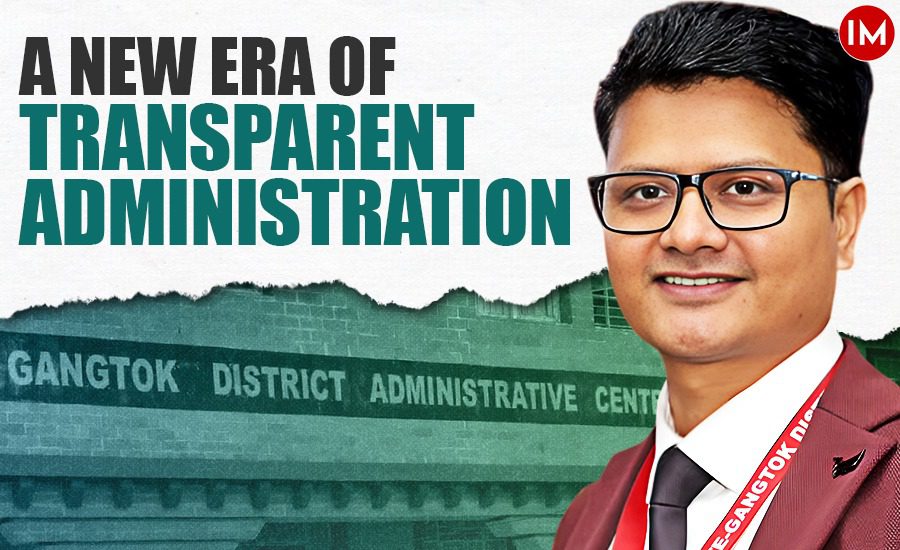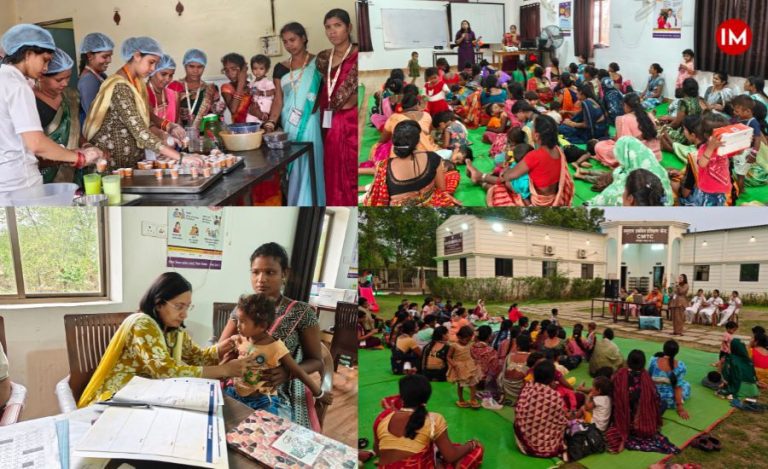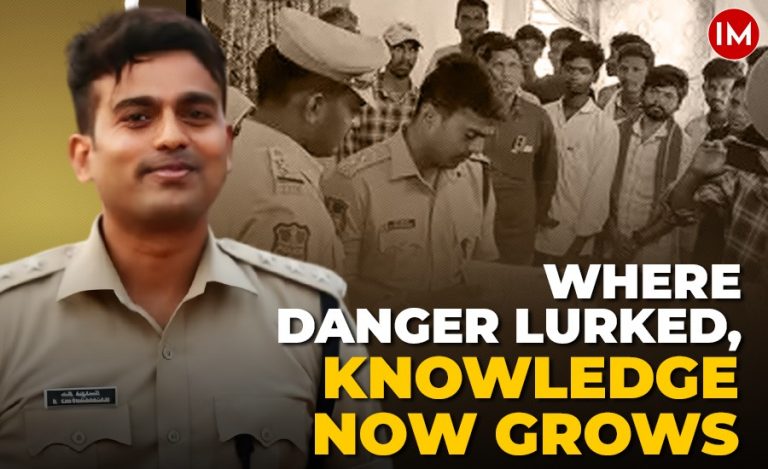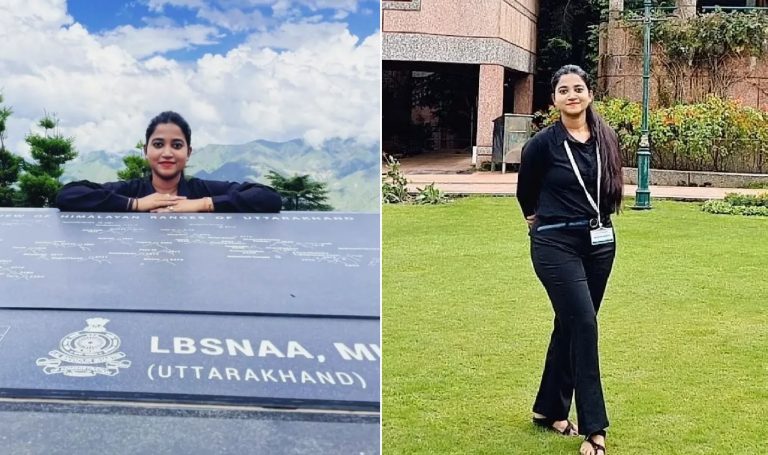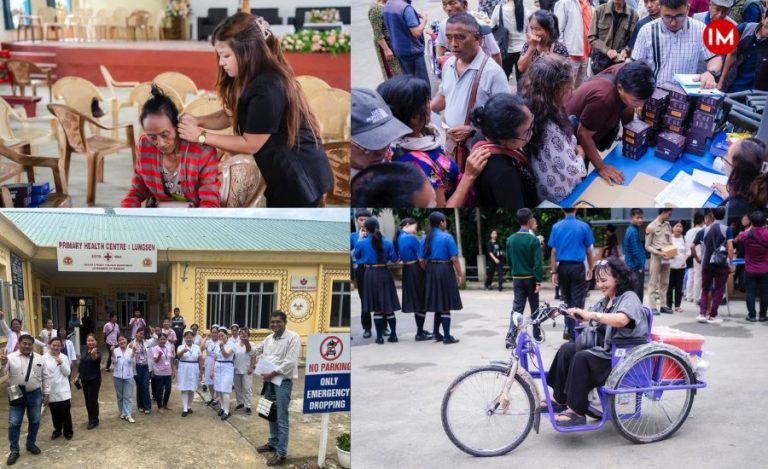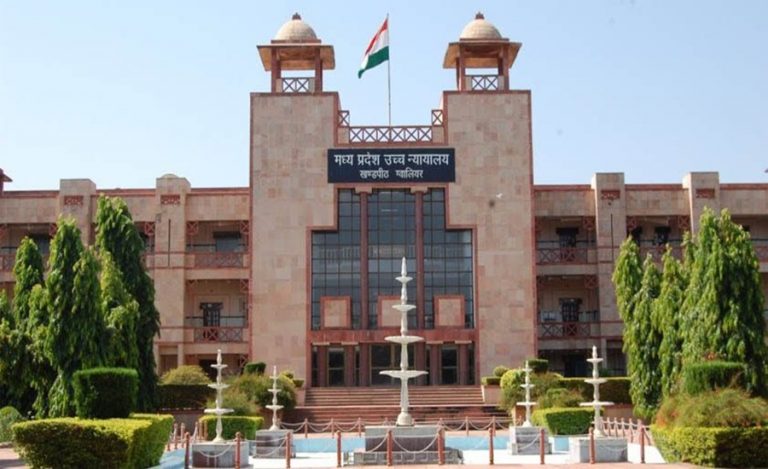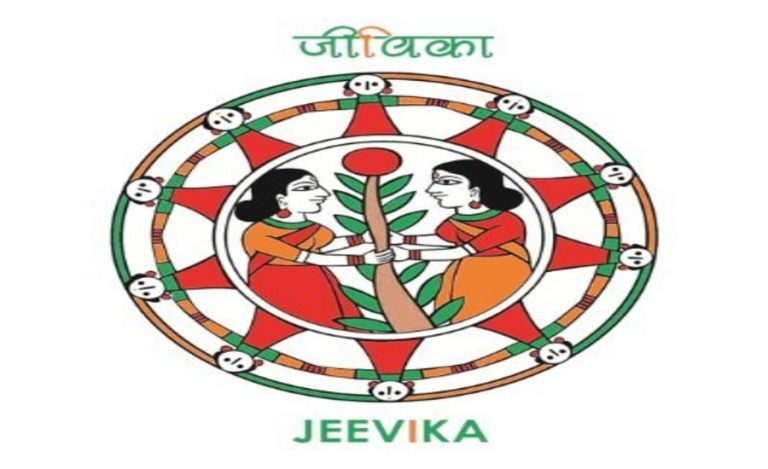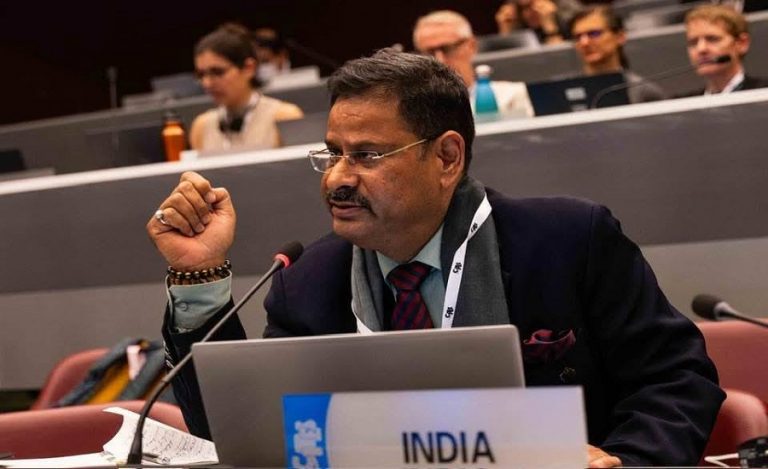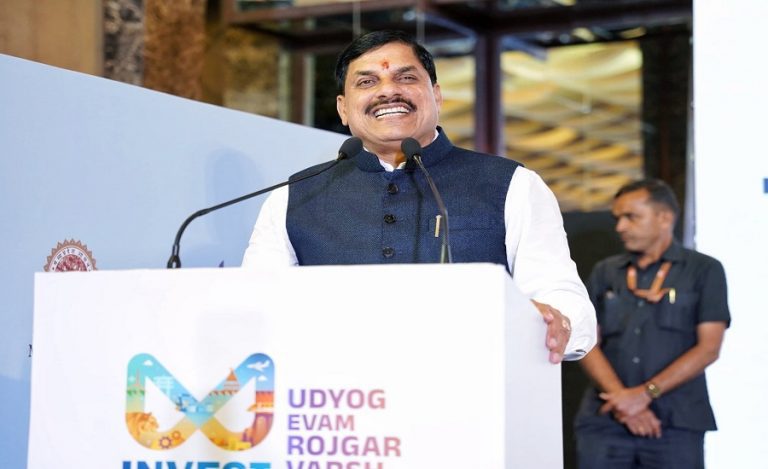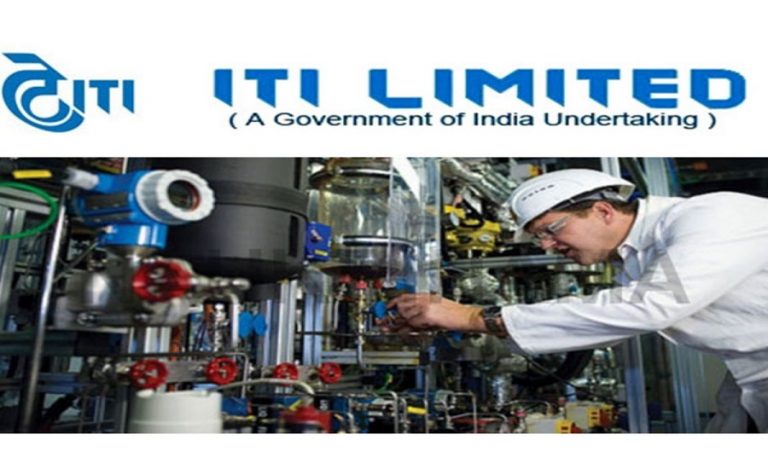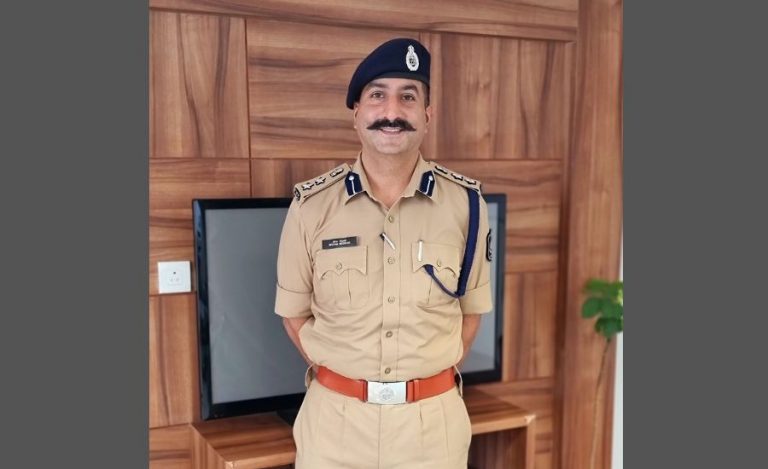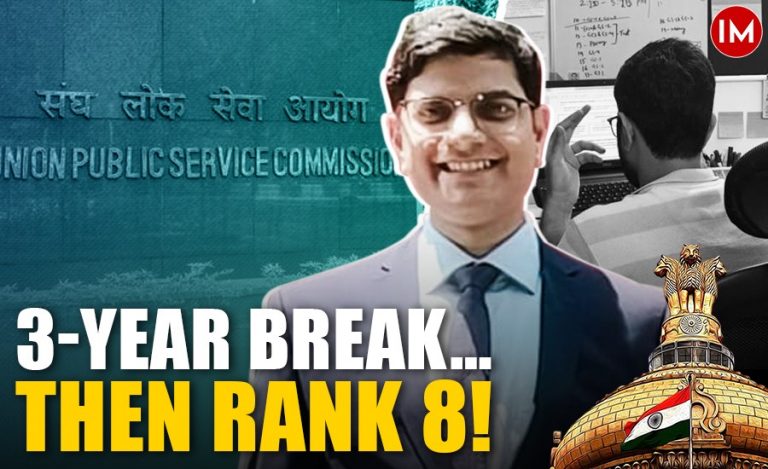In a significant stride towards transparent and efficient administration, Tushar G Nikhare, a 2015-batch Indian Administrative Service (IAS) officer and District Collector of Gangtok, is leading a transformative shift in local governance. Through a series of innovative e-governance initiatives, Mr Nikhare aims to digitise traditional systems, promote sustainable tourism, enhance women’s safety, and streamline disaster management in the region. In an exclusive video interview with Indian Masterminds, Mr Nikhare has shared insightful details.
WATCH THE VIDEO HERE-
One of the flagship initiatives, known as “Amin”, addresses the long-standing challenges associated with land record management. Historically, citizens faced considerable delays and opacity in contacting revenue surveyors (amins) for land-related services. The Amin app, however, has revolutionised this process. By bringing all amins online, the system allows individuals to select their district, subdivision, block, and revenue circle, book appointments, and make online payments. This digital platform ensures accountability through geotagged photo uploads by amins during site visits, directly alerting the District Collector if a visit hasn’t occurred. This system has significantly reduced wait times and increased transparency, earning accolades from both citizens and national e-governance award platforms.
Recognising that not everyone is tech-savvy, Mr Nikhare’s administration has implemented a multi-pronged approach to ensure accessibility. For those who prefer in-person visits? a single-window system has been established at the DC office. This system streamlines document submission, token generation, and swift certificate delivery, often on the same day for many services.
A core principle behind these initiatives is the creation of a “faceless administration.” This means that public services are designed to be officer-agnostic, with a robust leave management system ensuring that work responsibilities are seamlessly transferred even if an officer is unavailable. This back-end system minimises disruption for the public, guaranteeing that applications are processed without delays due to personnel changes. Mr Nikhare also notes a noticeable reduction in corruption due to the removal of discretion in many processes, as the digital system itself does not facilitate illicit payments.
The implementation of these technology-driven reforms has not been without its challenges. Overcoming initial resistance from staff accustomed to traditional methods and fostering an attitude change among the bureaucracy were significant hurdles. Mr Nikhare emphasises the importance of continuous refinement of these digital tools, highlighting that the journey of learning and improvement is ongoing. Data privacy is also a key concern, with plans to transition from Amazon Web Services to the more secure National Informatics Centre (NIC) network, ensuring that citizen data remains protected.
Beyond administrative reforms, Gangtok is also prioritising sustainable tourism. While a dedicated tourism department leads direct initiatives, the district administration supports efforts to highlight Sikkim’s rich cultural heritage. Initiatives like the “heritage walk” showcase historical sites and local crafts. Women’s safety is also paramount, with Sikkim maintaining a strong reputation for being a safe destination for tourists, including solo female travellers.
The region’s geographical characteristics, particularly its vulnerability to heavy rainfall and landslides, necessitate robust disaster management. The land revenue and disaster management department ensures immediate provision of aid, such as tarpaulins and financial assistance, based on standardised relief norms. Regular patrolling of roads, daily road status updates, and pre-positioning of JCBs in landslide-prone areas are crucial measures to mitigate the impact of natural calamities.
For aspiring public servants, Mr Nikhare offers a balanced perspective. While acknowledging the civil service as a rewarding path to contribute to society, he stresses that meaningful impact is not limited to government roles. He encourages individuals to pursue their passions and contribute to national betterment in various capacities, reminding them that all honest taxpayers are also playing a significant role in public service.
IAS Tushar G Nikhare is digitising Gangtok’s governance, enhancing transparency, safety, and efficiency through innovative e-governance initiatives. Watch the video interview for more information.

